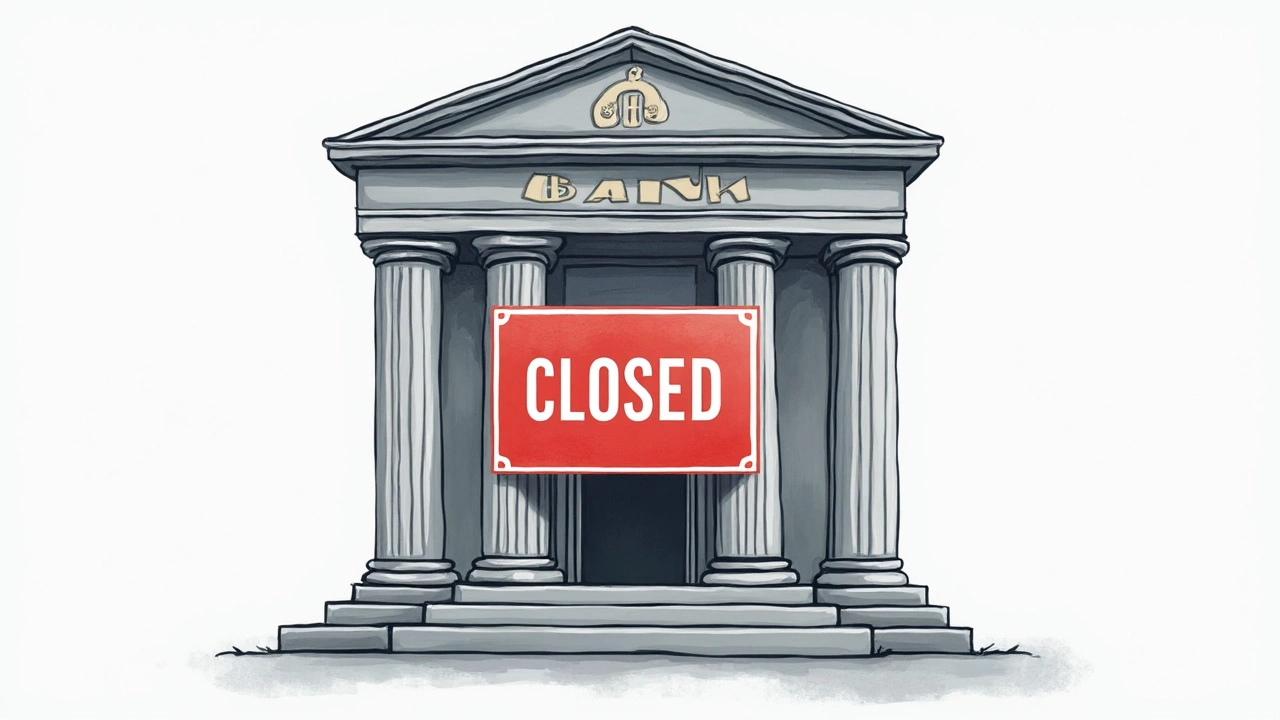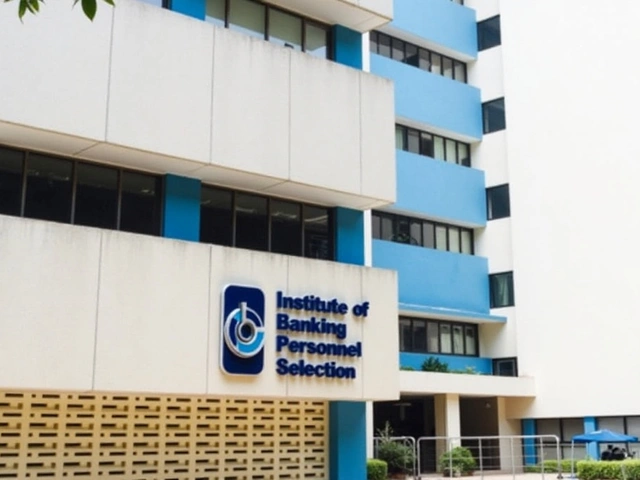Bank Strike Called Off After UFBU and IBA Reach Temporary Consensus
India’s banking sector narrowly avoided a major nationwide shutdown after the United Forum of Bank Unions (UFBU) opted to put their two-day strike on hold. The strike, originally scheduled for March 24 and 25, 2025, was meant to send a loud message regarding demands that have frustrated public sector bank employees for years. Late-night talks with top officials from the Indian Banks’ Association (IBA) and the Finance Ministry, however, managed to ease the immediate pressure.
UFBU brings together nine of the biggest bank unions in India, like the All India Bank Employees Association (AIBEA), All India Bank Officers' Confederation (AIBOC), and the National Confederation of Bank Employees (NCBE). These groups have been particularly vocal about issues like recruiting permanent staff to replace temporary workers, filling long-standing vacancies, upping the gratuity limit for retiring staff to ₹25 lakh, and scrapping the Department of Financial Services (DFS) performance-linked reviews that employees say are needlessly strict.
Workers have also rallied hard for a five-day workweek, which seems reasonable considering many countries already follow this schedule. They say this isn’t just about convenience—it's about keeping morale high and making Indian banks a more attractive career path. Another bone of contention: unions claim some of the DFS’s rules go overboard, bordering on 'micro-management.' This, they argue, strips public sector banks of the ability to decide what’s best at the ground level.

What Changed the Game?
The breakthrough came on March 22, after hours of negotiation in front of the Chief Labour Commissioner. The IBA took a step back on rigid stances and promised to seriously consider demands around hiring and working conditions. In particular, they noted they’ll explore realistic recruitment and keep a close eye on the call for fewer workdays each week. The possibility of immediately solving every issue was slim, but at least union leaders saw enough commitment from the IBA to freeze the strike, for now.
For bank customers, all this meant that counters remained open as usual on the planned strike days. Core services, like money transfers and cheque clearances, stayed on schedule—unless you were banking in a region with a local holiday. The usual practice of second and fourth Saturdays, plus Sundays, being days off, still stands. People with pressing business, salary credits, or big transactions didn’t hit the anticipated wall of 'closed due to strike' signs.
But don’t assume things are ironed out. UFBU hasn’t abandoned its list of demands; union leaders have been clear that if these fresh talks stall or are ignored, they won’t shy away from new strikes. The tension between bank employees and government directives is still simmering. As discussions continue, both the IBA and unions know the stakes are high—not just for workers and management, but for the millions who rely daily on these public sector banks.



